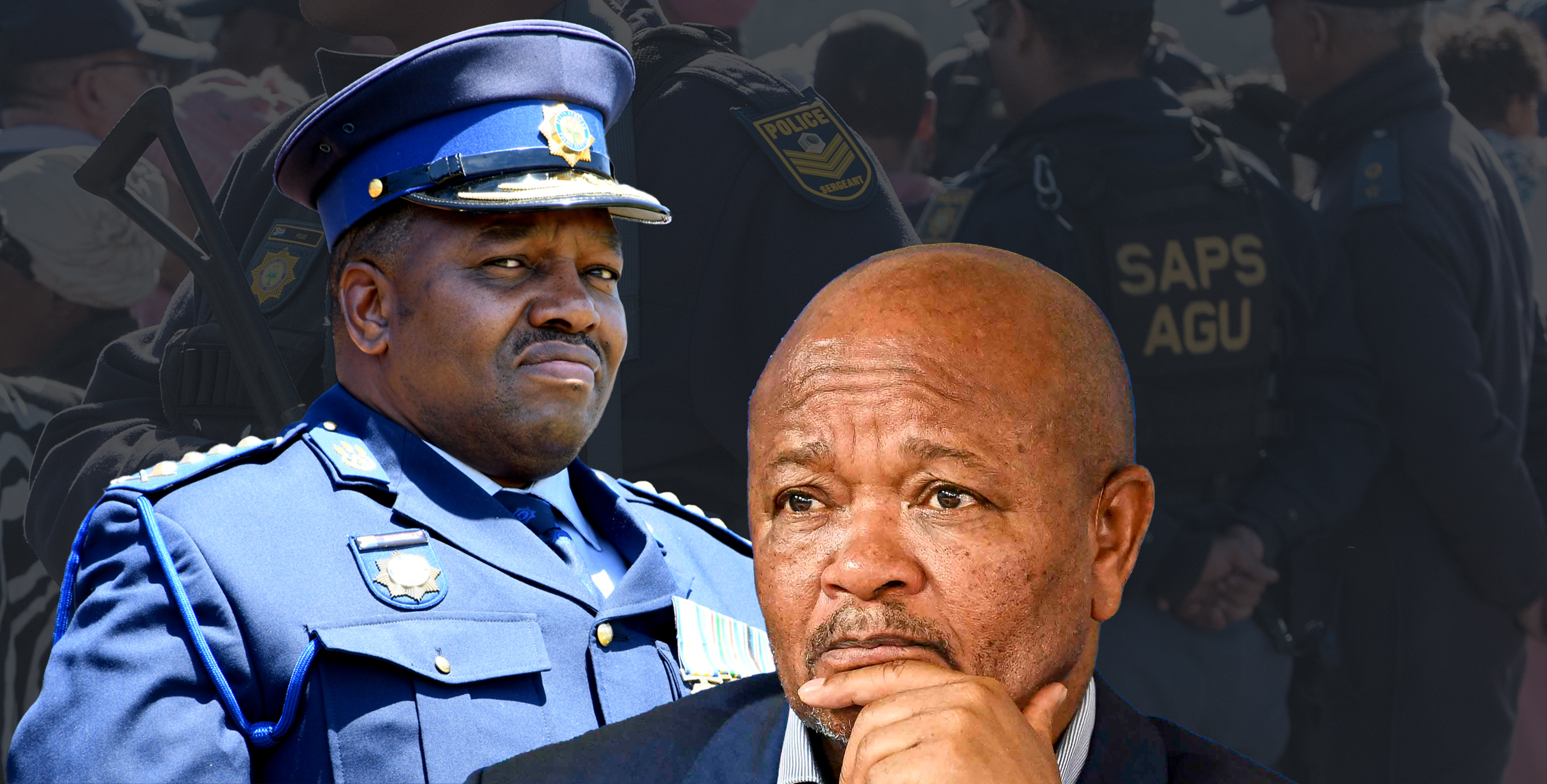The way crime fighting is being conducted in South Africa needs sharpening, especially because police officers are dealing with limited resources and increasing demands.
This was a key message that emerged from an inaugural three-day national policing summit, themed “Efficiency in Action: Optimising South Africa’s Policing Potential”, that was held in Gauteng this week.
The event ran from Tuesday to Thursday, 8 to 10 April 2025, and included representatives from civil society, the private sector, health professionals and different law enforcement agencies.
National Police Commissioner Fannie Masemola and Police Minister Senzo Mchunu provided feedback on the summit on Friday.
https://www.youtube.com/watch?v=wkd3ToXmfFY
While it was acknowledged that certain crimes, including kidnapping, were increasing, and that the police had resource constraints, plans were outlined as to how the South African Police Service (SAPS) was re-strategising.
Other topical issues, including recently released proposed amendments to the private security sector, which focused mainly on firearms, were also addressed during Friday’s briefing.
‘More demands, limited resources’
Masemola said the police service was “operating under increasing demands and limited resources”. The summit was therefore used to examine how policing was being conducted, what was working and what was not.
For example, Masemola said police presence versus police visibility was analysed.
Read more: Police bosses roasted while gangs go ‘corporate’ and cops lack resources, proper vetting
“There’s a difference in being seen and being felt,” he said, adding that officers needed to focus on having a more intentional and impactful presence.
Masemola said those at the summit had also looked into how to harness technology.
“There’s a critical need for digital literacy in the police service,” he said.
Bodycams and ops room
Body cameras — bodycams — were set to be rolled out this year.
“We won’t be able to roll them out to the whole service,” Masemola said, explaining that “frontline” officers would be the first to use the devices.
This included those conducting highway patrol duties.
Aside from bodycams, police were looking at integrating feeds from existing CCTV cameras into provincial operational command centres.
During Friday’s briefing, Masemola also announced the establishment of a national summit 2025 operations room.
This would involve divisional and provincial commissioners providing feedback on various identified key performance areas.
Masemola did not go into much other detail about the operations room, but said it would track the SAPS’s progress over the next five years.
This would “hold the management of SAPS accountable to the nation”.
Hotspot provinces and crime increases
In terms of crime, Mchunu said that four provinces had been classified as hotspots.
These were: Gauteng, KwaZulu-Natal, the Eastern Cape and the Western Cape.
There would be intensified focus on these provinces.
Mchunu said priorities included bringing down the murder rate, “removing unnecessary firearms from communities”, cracking down on drugs and effectively dealing with gender-based violence.
“We are very much aware of the increases in crimes such as kidnappings, extortion, cash-in-transit heists and stock theft,” he said. “There are plans under way to bring those crimes under control.”
Guns and private security
Private Security Industry Regulatory Authority (Psira) head Manabela Chauke also spoke during Friday’s briefing, addressing recently announced proposed amendments to private security regulations.
The public had a chance to comment on those, which had so far elicited a heated response, especially from pro-firearm figures who felt the proposals aimed to disarm the sector.
PSiRA REJECTS CLAIMS THAT PROPOSED REGULATIONS WILL IMPEDE SECURITY FIRMS' OPERATIONS pic.twitter.com/CkmT1eIVLh
— IG: PSiRALive (@PSiRALive) April 11, 2025
During the briefing, Chauke reiterated: “There will be no disarming of the private security industry at all.”
He said the proposed amendments were to regulate private security and the possession and use of firearms in the industry.
Policing versus population growth
Meanwhile, President Cyril Ramaphosa was among those who spoke at this week’s policing summit.
He addressed the problem of increasing organised crime.
“There is a proliferation of organised crime in South Africa, including the manufacture of illicit drugs, kidnapping for ransom and money laundering,” Ramaphosa said.
“This is taking place alongside a growth in illegal mining, extortion in the construction sector, and the theft of public infrastructure.”
Read more: American missionary kidnapped at gunpoint during church sermon amid rising crime in Gqeberha
Collaboration between the police, the public, other law enforcement agencies and the private sector was therefore key.
Ramaphosa also acknowledged constraints that police officers were dealing with.
“Even as the SAPS budget has increased over the past 10 years, the reality is that the number of police personnel has been declining while the country’s population has been growing,” he said.
“The resources of the police are stretched extremely thin. This means that we must work better and smarter by using existing resources more effectively.”
Respect for the rule of law and of the authority of the state is a cardinal priority for this summit.
Instilling a culture of ethics forms part of wider efforts to professionalise the SAPS.
https://t.co/KJfaMbLOUk
— Cyril Ramaphosa ?? (@CyrilRamaphosa) April 8, 2025
Ramaphosa pointed out that to tackle crime, the causes of it needed to be understood.
“Addressing crime without understanding its root causes is like a doctor treating a patient for a fever without diagnosing the underlying illness,” he said.
“It is therefore encouraging that this summit has, as one of its key objectives, adopting a more holistic approach to law enforcement, encompassing not just the police but the entire policing system.” DM





